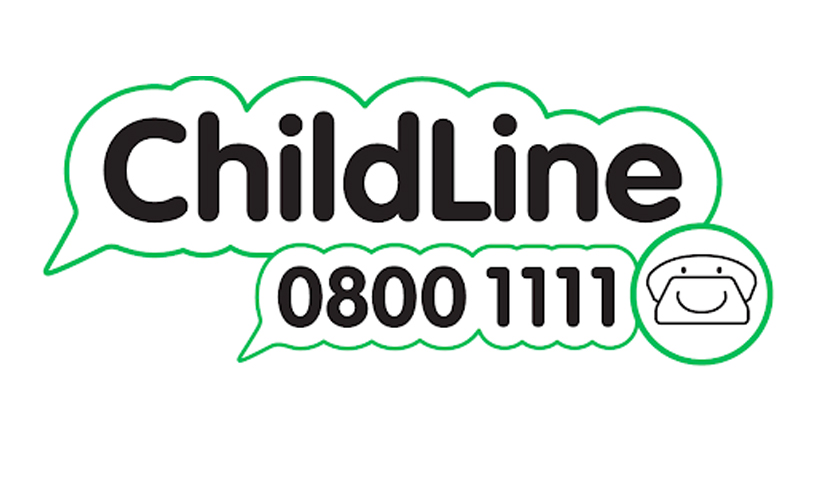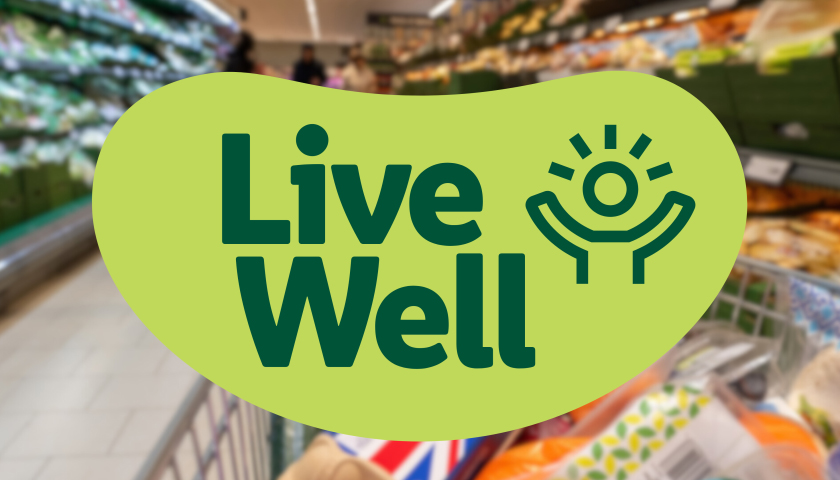New data published recently by Childline reveals that the service is contacted 15 times a day on average by children struggling with loneliness – often a catalyst for mental health problems.
Between April 2021 and March 2022, the counselling service run by the NSPCC delivered 5,564 counselling sessions with children on this issue.
With the support of retailer Lidl GB – which has fundraised for Childline since 2020 – the charity has launched a campaign called ‘Day in the Lonely’ to let children struggling with loneliness know that these feelings do not need to last.
Amidst the long-lasting consequences of COVID-19 and the drastic increase in the cost of living, the charity is encouraging young people – with the support of their parents – to speak about their mental health issues early on, so it does not escalate to crisis point.
The charity’s concern comes as it finds a 71% increase in calls from under 11s seeking support for loneliness compared to 2017/2018 figures.
Recently, a Childline counsellor was told by a 10-year-old girl: “I am so lonely as I have no friends at school anymore. I often cry myself to sleep at night…so I called Childline. I have not told my parents how I am feeling because I don’t think they will take it seriously.”
Poor mental health is a top concern for children contacting Childline and has been for the last six years. A 15-year-old boy said: “For the past few months, I’ve been feeling lonely and like I’m nothing. I act happy when I’m around my mum – she seems to think I’m fine but I’m really dying inside. I feel like nobody understands and I don’t know who to tell. I’m worried they’ll laugh and won’t believe me or say, ‘you out of all people can’t be feeling that!’”
‘Day In the Lonely’
The ‘Day in the Lonely’ campaign includes three videos showing a day in the life of three young people and the different ways they experience loneliness, all of them based on real Childline calls. One of the videos features Rob – who is feeling lonely and misunderstood despite having lots of people around him – being in a football team and regularly socialising.
Childline insight
Childline’s trained counsellors hear from lonely children who feel that way due to being left out of friendship groups and social media chats, whereas others say their loneliness stems from feeling negatively about themselves or feeling like their friends or family don’t understand them.
Young people told Childline that the national lockdown, due to the coronavirus pandemic, compounded feelings of loneliness
Counselling sessions on loneliness peaked during the pandemic in April 2020 to March 2021 when the service remained a frontline service supporting more than 6,000 young people who were grappling with this issue whilst spending an increased amount of time at home.
Since moving out of the pandemic, although the service has seen a slight drop in counselling sessions on this issue, the number of children needing support remains high.
Shaun Friel, Childline Director, said: “Loneliness is sadly an issue that a high number of children and young people are experiencing, and, at Childline, we know the impact this can have on a child’s wellbeing and mental health.
“We’ve had cases of children left feeling depressed, that’s why we are reminding all children that talking to a trusted adult like a parent, teacher or Childline counsellor about being lonely is a brave thing to do and it will enable them to get the help they need.
“Through this campaign, we want to raise awareness amongst children and adults, that there are many reasons why young people might feel lonely, but these feelings don’t have to last and that getting support early on can prevent things from escalating in the future.”
Mark Newbold, Lidl GB Senior CSR Manager, said: “It’s heartbreaking to see young people struggle with loneliness, and that is why at Lidl we are proud to have funded the NSPCC’s ‘Day in the Lonely’ campaign.
“We are committed to raising funds that mean more youngsters in need of emotional support can get the help they require as fast as possible.”
Children and young people can contact Childline for free, confidential support and advice 24 hours a day online at www.childline.org.uk or on the phone on 0800 1111



